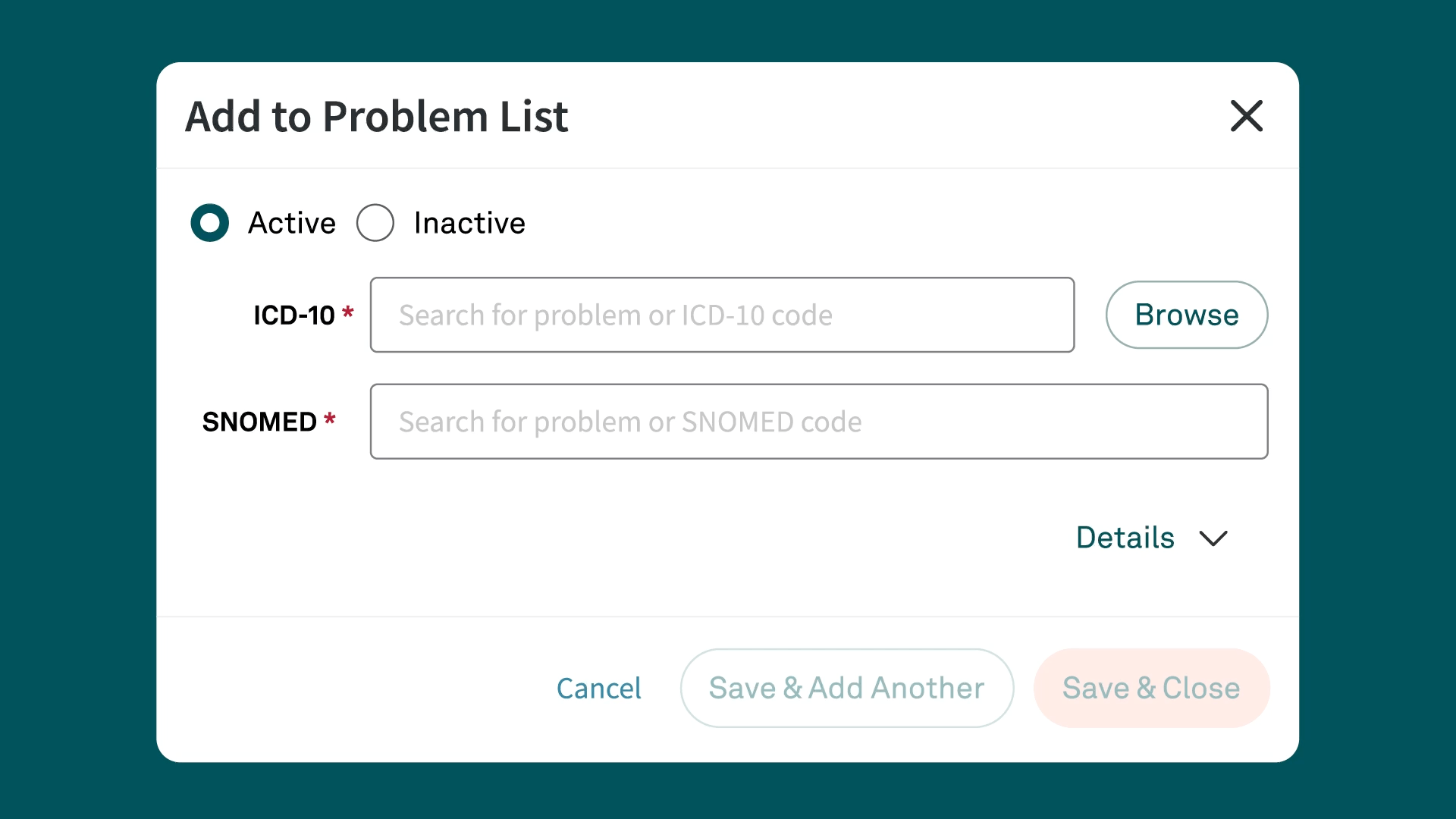ICD-10 Code K21.9
Gastroesophageal reflux disease without esophagitis
What is the code K21.9?
K21.9 is a billable/specific ICD-10-CM code used for "gastroesophageal reflux disease without esophagitis."
Detailed description of K21.9
This code denotes cases of gastroesophageal reflux disease (GERD) where there is no evidence of esophagitis. GERD is a condition in which stomach acids reflux or back up from the stomach into the esophagus, which can occur without the inflammation or erosion of the esophagus that characterizes esophagitis.
Symptoms commonly associated with K21.9
- Heartburn
- Acid regurgitation
- Chest pain, especially after eating or when lying down
- Difficulty swallowing
- Chronic cough or wheezing
Related and similar ICD-10 codes
- K21.0: Gastro-esophageal reflux disease with esophagitis
- K21.1: Gastro-esophageal reflux disease with both esophagitis and esophageal stricture
Appropriate usage of K21.9 for billing
Use K21.9 when the patient has been diagnosed with GERD without signs of esophagitis, based on the findings from endoscopic or other diagnostic evaluations.
Instructional guidelines for providers coding K21.9
Report K21.9 when the provider documents GERD or GERD without esophagitis in the assessment portion of the note.
Common pitfalls in coding with K21.9
- Misdiagnosis or misclassification when esophagitis is present but not documented due to insufficient diagnostic investigation.
- Overuse of K21.9 without proper diagnostic confirmation of GERD.
Key resources for K21.9 coding
- CMS ICD-10 Homepage: Provides official resources and guidelines for ICD-10-CM coding.
- WHO ICD-10 Online Browser: Useful for checking the specifics of codes related to long-term medication use.
Conclusion
K21.9 allows healthcare providers to accurately document cases of GERD where there is no esophagitis, guiding appropriate treatment strategies and ensuring accurate medical billing.
Simplify ICD-10 code documentation with Tebra
Tebra’s EHR+ gives you quick searches and Systematized Nomenclature of Medicine (SNOMED) field names for efficient code documentation. Plus, Tebra automatically saves ICD-10 to SNOMED mapping for future searches, streamlining your workflow.

Discover how Tebra helps providers effortlessly document health-related issues and conditions in this detailed post.
Stay Ahead with Expert Healthcare & Billing Insights
Get the latest industry updates, financial tips, and expert strategies — delivered straight to your inbox.
